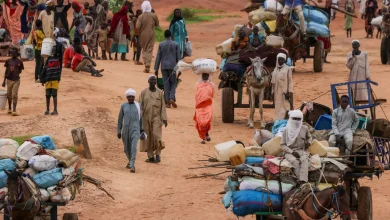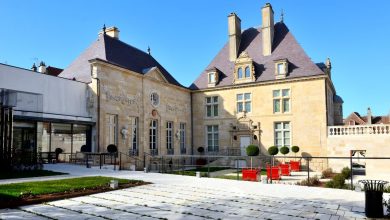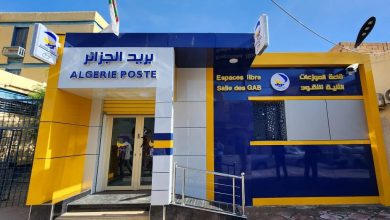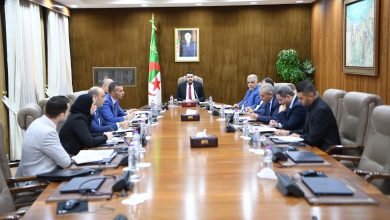Algiers – In a move poised to significantly alleviate traffic congestion across several western and southern municipalities of the capital, the first and second sections of the highway connecting the 5 Juillet Stadium interchange and Khraissia were officially inaugurated and opened to the public today, Thursday.
The inauguration ceremony was jointly presided over by the Minister of Public Works and Basic Infrastructure, Abdelkader Djelloul, and the Wali of Algiers, Mohamed Abdennour Rabehi. These initial sections span a distance of 7 kilometers, stretching from the 5 Juillet interchange to the Baba Hassan municipality interchange. The total length of the ambitious project is projected to be 10 kilometers upon completion.
The new infrastructure is expected to dramatically improve traffic flow in the municipalities of Achour, Dely Ibrahim, Baba Hassan, and Ouled Fayet. Critically, it will also reduce the burden on the southern bypass, a vital artery for commuters and commercial traffic alike. Speaking to the press, the Secretary-General of the Wilaya of Algiers, Abderrahmane Rahmani, emphasized that upon completion of the third and final section, the highway is designed to become a “major artery” in the capital’s road network, facilitating significantly smoother traffic flow from Bab El Oued to Khraissia.
Rahmani further revealed plans for a project to connect the new city of Sidi Abdellah directly to this highway, providing it with a direct access route to Bab El Oued. Construction on this crucial link is slated to begin in 2026. He also highlighted that numerous public works projects currently underway in Algiers are scheduled for completion by the end of this year and the beginning of the next, promising a wave of infrastructure improvements for the capital’s residents.
Moustapha Ziani, the Director of Public Works for the Wilaya of Algiers, provided further details to the Algerian Press Agency (APS) regarding the project’s timeline. He stated that the delivery of the third and final section, a 3-kilometer stretch running from the Baba Hassan interchange to Khraissia, is anticipated during the second quarter of 2026. He noted that the current progress rate on this section is estimated at 25 percent.
Ziani also announced the programming of complementary projects to enhance the new highway’s functionality. He confirmed that the study for the construction of an underground tunnel at the Mohamed Boudiaf Olympic Complex has been finalized. This tunnel will be crucial for managing traffic flow around the stadium, particularly during major events. Additionally, an interchange is planned to facilitate access to the new highway for vehicles arriving via the southern bypass from the direction of Dar El Beida.
Furthermore, Ziani highlighted the ongoing studies aimed at increasing the number of lanes on the southern bypass from four to five. This expansion is intended to accommodate the anticipated increase in traffic volume resulting from the new highway. Parallel to this, studies are also progressing on the coastal road connecting Bab El Oued and Ain Benian, another vital component of Algiers’ “Yellow Plan” for transportation. The “Yellow Plan” is a comprehensive strategy designed to modernize and improve the capital’s transportation infrastructure, addressing issues of congestion, accessibility, and sustainability.
The inauguration of these highway sections represents a significant step forward in alleviating Algiers’ notorious traffic woes. The strategic location of the highway, connecting key areas of the capital, promises to ease commutes for residents and improve the efficiency of commercial transport. The planned complementary projects, including the tunnel, interchange, and lane expansions, demonstrate a commitment to long-term traffic management and sustainable urban development. While the completion of the final section is still some time away, the progress made thus far offers a tangible sign of improvement for the daily lives of Algerians navigating the capital’s roads. The connection to Sidi Abdellah in 2026 will be particularly beneficial, integrating the new city more seamlessly into the Algiers metropolitan area. The project underscores the government’s focus on infrastructure development as a key driver of economic growth and improved quality of life for its citizens. The success of this project will undoubtedly serve as a model for future infrastructure initiatives across the country.




